By Okon Ekpenyong
They say politics has no place on the Bench and that the public needs to trust an unbiased individual, not one who makes decisions based on party affiliations. Sometimes at the polling booth, some already know who they want to vote for, while others vote solely based on a party.
You may have heard the phrase, “always measure twice but cut once,” or been told to look twice before crossing the street.” These phrases or life lessons should follow you wherever you go, especially when handling situations that can impact and change an individual’s life. Whether or not such a thought process applies to those who make hard decisions daily on the Bench. I know this; going back to re-cut a piece or re-write a wrong that happened in court does take some time.
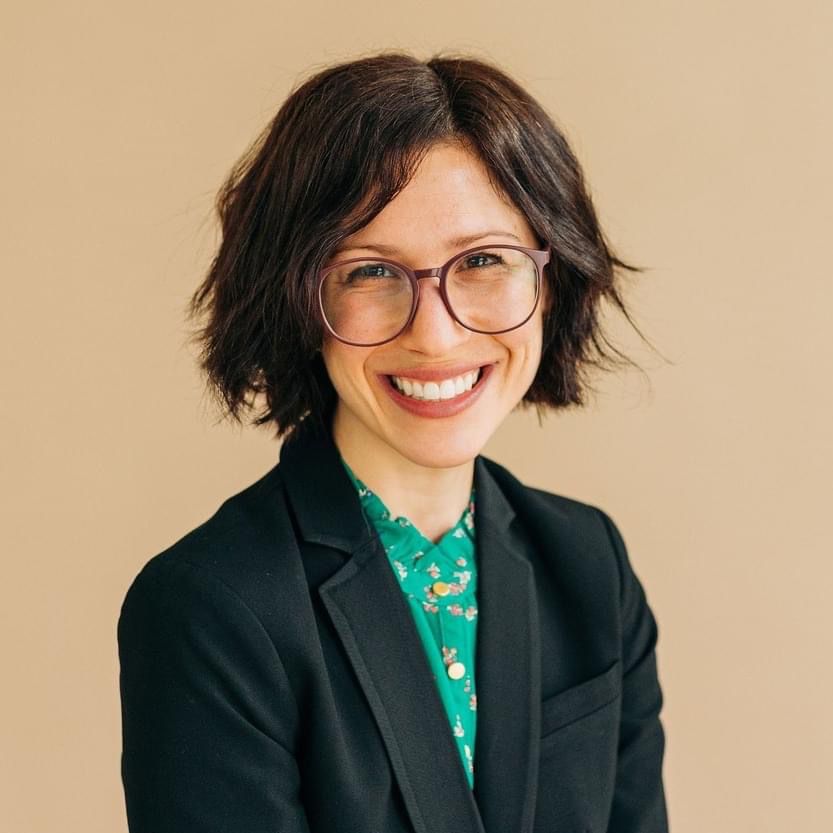
Well, this November 8th general election, the public will decide whether or not Judge Keith McGrath, appointed to the Ohio Tenth District Court of Appeals on April 19, 2022, to replace Susan Brown by Governor Mike DeWine, did enough to retain his seat. Or will they welcome his challenger, newcomer Carly Edelstein with open arms? As one of 12 intermediate appellate courts in Ohio, the Tenth District Court of Appeals is based in Columbus and covers Franklin County.
Before taking the Bench, Judge McGrath was a senior assistant prosecutor in Franklin County since 2002 and was also an assistant prosecutor for the city of Columbus.
Edelstein’s legal career is also pretty impressive, so technically, she is not a newcomer. These days, she works for the Ohio Public Defender’s office. That’s even before advancing from the Democratic primary on May 3, 2022.
She received her J.D from the University of California, Irvine School of Law, and was a legal intern for the Mississippi Center for Justice and ACLU of Southern California. She was a staff attorney in the U.S. Department of Education Office for Civil Rights and Law clerk to Eric L. Clay on the U.S Court of Appeals for the 6th Circuit.
“She has repeatedly been to that same court on many important cases. That seat is one of the most important in the state, and she has impressed some of the best lawyers in Columbus,” a retired attorney and supporter said.
People considering running for elected office should have the same mind frame because no matter what you are running for, voters will not say, here it is. One recommendation is to attend a seminar and training, which will give you a significant advantage in running a successful campaign.
Judicial Candidates must also attend a seminar, according to Ohio.gov and www.courtnewsohio.gov, which requires attending a two-hour seminar to learn about campaign practices, finances, and ethics, under Rule 4.2 (A)(4) of the Code of Judicial Conduct. After the election, attending a mandatory Ohio Judicial Orientation is also a must. In a nutshell, the process it takes for one to run for a judicial seat is no walk in the park.
Numerous organizations representing both parties will offer more insightful information for one’s future aspirations for public office. The topics covered are campaign management, messaging, communication, and fundraising. They will also encourage you always to be careful what you say, who you surround yourself with, the type of company you keep, and more if you ever aspire to run for office.
From the moment Edelstein stepped her foot inside a courtroom, she always “Float like a butterfly, sting like a bee,” That quote is from the great Muhammed Ali.
As my interview with Edelstein continued, another Ali quote came to mind, “There are no pleasures in a fight, but some of my fights have been a pleasure to win.” She left her teaching job to go into law because “the system was broken, and I wanted to do something about it,” she said. She served as a staff Attorney for the U.S Dept of Education, Office of Civil Rights for about two years.
Quoting Ali is essential because some may only remember him for his boxing; others remember him for his long fight for social justice. So, this story isn’t just about her judicial race; instead, of a former Educator who saw a broken system and wanted to do more for all children and families regardless of who they are and their background. She taught English and history as a sixth-grade teacher in Los Angeles.
“She is a fantastic advocator and cares much about other people because she goes the extra mile. She cares about more significant issues, specifically how one case can impact others. I have seen her interact with clients and her work in the courtroom. She takes her time to get to know a client and their case and will even get an interpreter if there’s a language barrier,” Jared, an acquaintance, said.
Inspiration to become an Attorney
As a teacher, I saw many issues facing and affecting the students’ and their families’ lives. That’s what led me to want to go into law because lawyers have the power to leverage to create changes for my students and their community.
Civil Rights
She served as a legal intern for the Mississippi Center for Justice, “I work with the local NAACP Chapter to fight to open historical black elementary school closed for discriminatory reasons after BP oil spill. “At the U.S. Department of Education, Office of Civil Rights, I enforced anti-discrimination laws in schools in Michigan and Ohio, specifically looking at race, sex, national origin, and disability discrimination.”
New American Community
I taught English and history to kids for whom English was a second language. I also did legal work as a law student in Los Angeles to improve access to services for whom English was a second language.
Federal Court of Appeal
She works in the U.S Court of appeals for the Six Circuit, “it was the court that covers Michigan, Ohio, Kentucky, and Tennessee.”
It ensured that people appearing in court had a fair trial and that their rights were not violated.
Office of the Ohio Public Defender
I represent individuals who cannot afford a lawyer in the court of appeals all over the state and in the Ohio Supreme Court. A lot of our clients cannot tell their stories. We want to ensure that our court system hears their voices. I feel privileged in my ability to tell their stories because some of our clients cannot speak their stories effectively and persuasively.
Immigrant
Even the most minor offense can cause significant immigrant consequences. Everybody has a constitutional right to effective counseling on that issue. One of the recent works I’ve worked on is looking at the intersection between criminal and immigrant law” individuals who are green card holders, refugees, on a visa, or undocumented. I also worked on an asylum case for a teenager who came to the United States from Mexico when he was very young.
Presentation
It is about being persuasive and effectively presenting information in a way multiple people can understand. My approach as a lawyer is to write, and clearly. I want the client and the court to know what I am presenting.
As a judge, Edelstein wishes to take the same approach even if a case does not favor the defendant. She wants to say why they lost or won a trial effectively. In the end, and based on my conversation with Edelstein, yes, it is true that measuring twice or looking both ways before crossing the street also applies when you are practicing law or interpreting the law. Someone’s life could be in your hands.
Support the New Americans magazine to continue to serve our community with precise news that affect the new American, immigrant and refugee community. https://paypal.com/donate/?hosted_button_id=8LHFS78NRNJJY&source=url









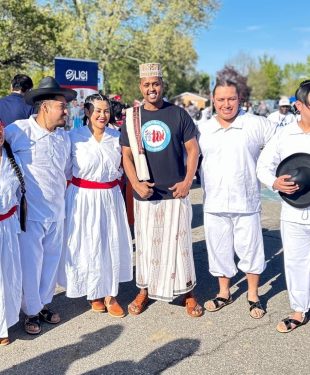
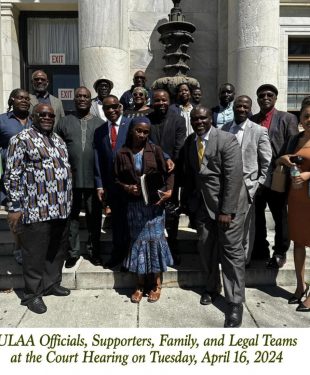
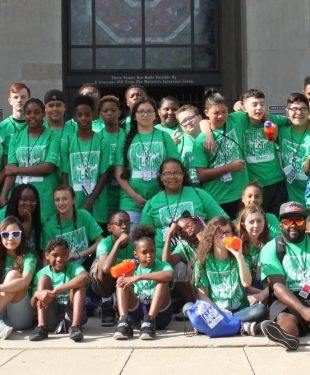
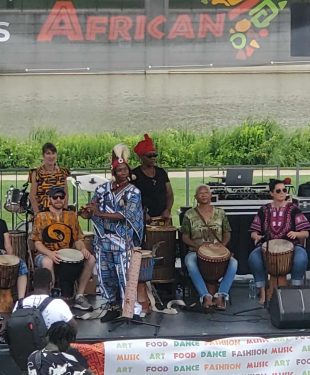

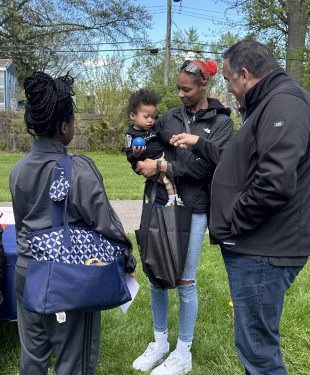
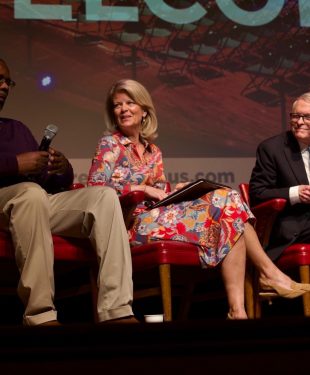












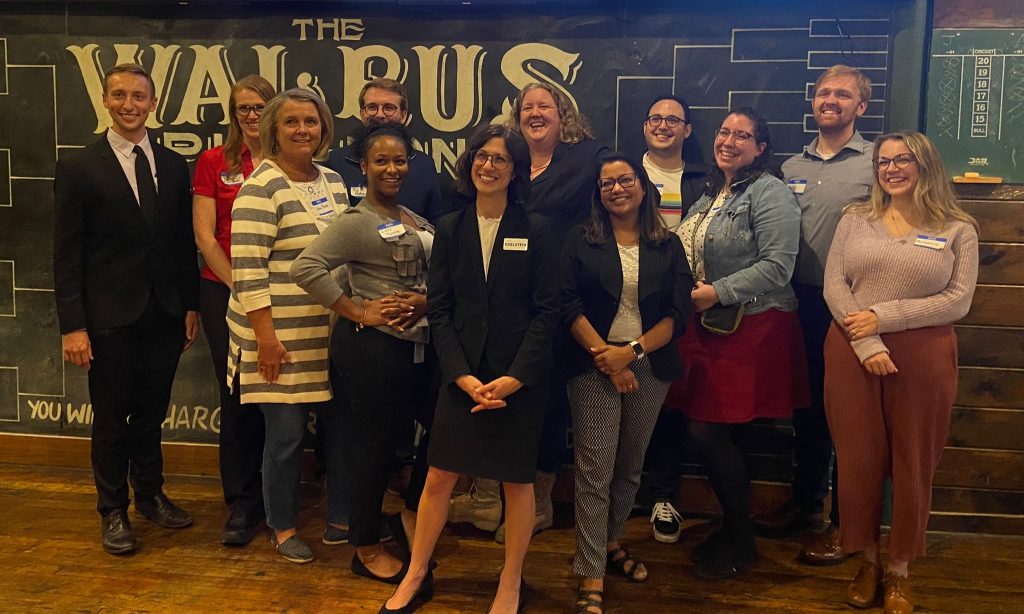









Leave a Reply
You must be logged in to post a comment.